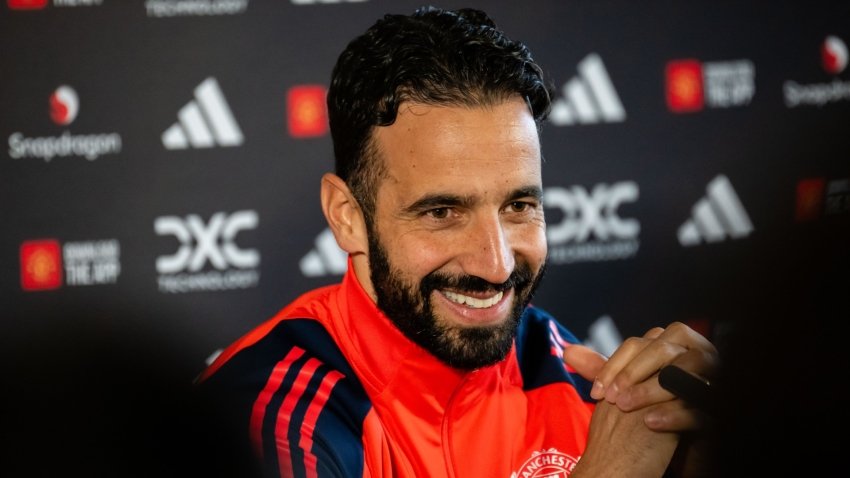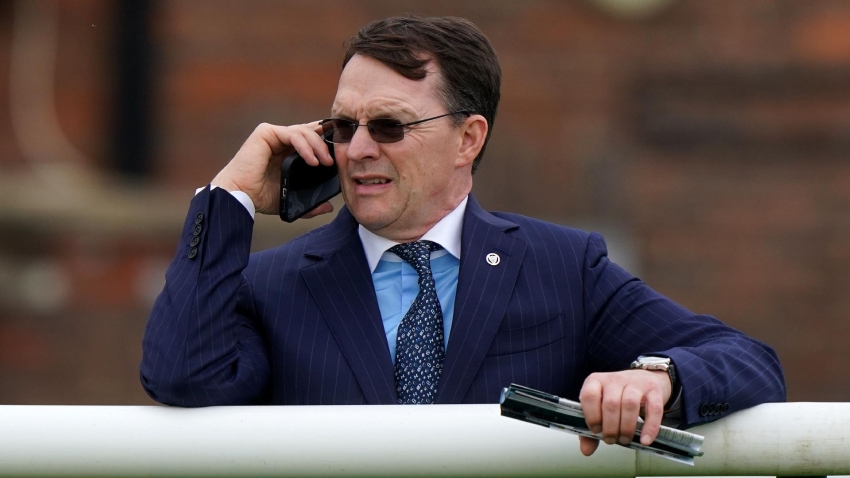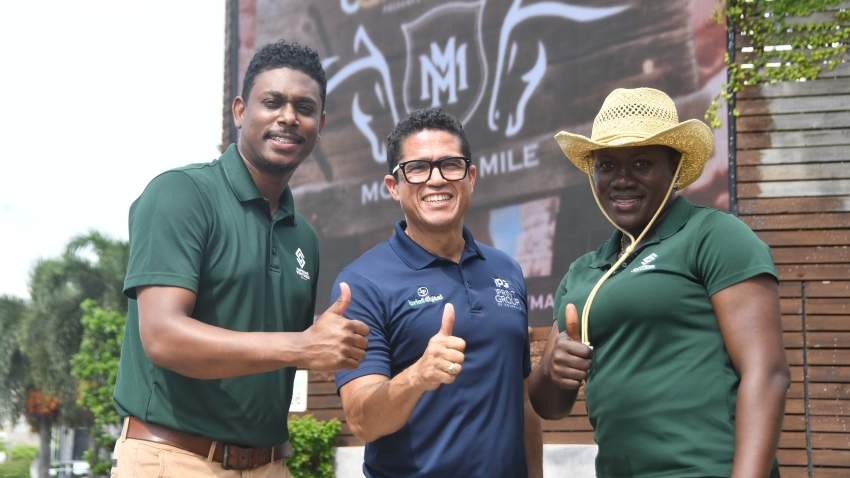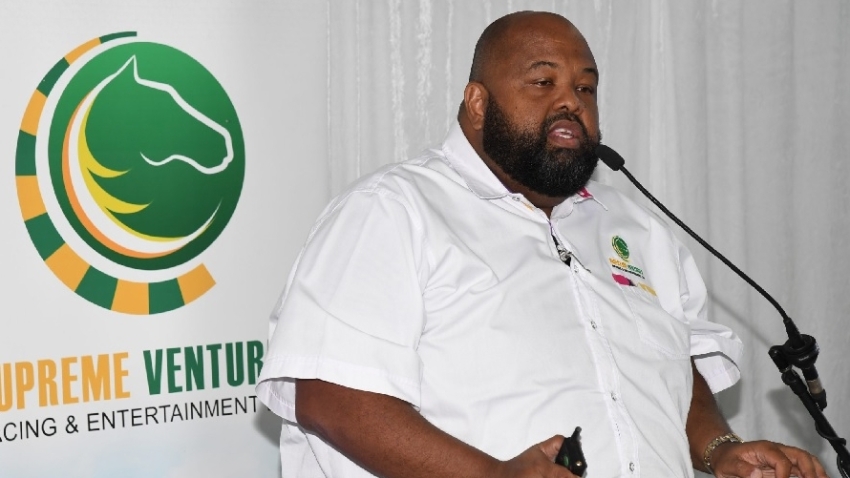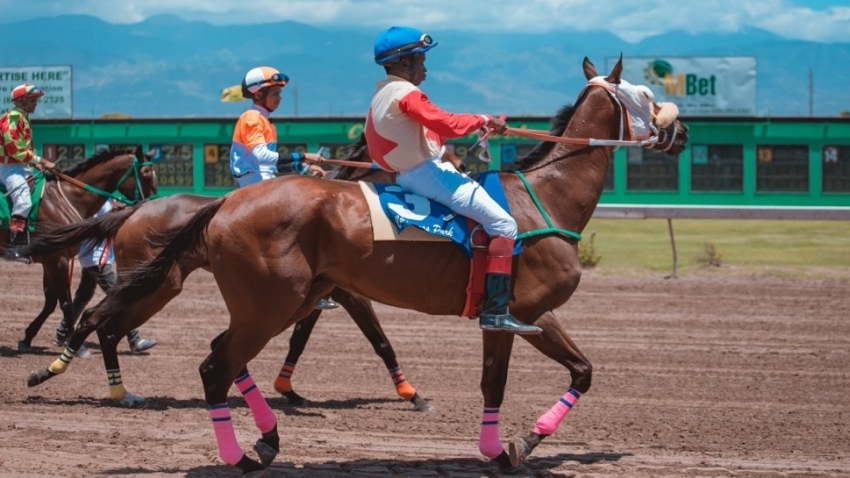Following an internal investigation by Supreme Ventures Racing and Entertainment Limited (SVREL), significant gaps in training have been identified, leading to stewarding practices at Caymanas Park falling short of international standards. As a result, SVREL Executive Chairman Solomon Sharpe has called for urgent intervention from the Ministry of Finance and the Public Service to address these issues and ensure the future integrity of horse racing in Jamaica.
The investigation was prompted after the Heroes’ Day race meet at Caymanas Park was abandoned on Monday, October 21, 2024. A group of punters reacted violently to the stewards’ decision in Race 2, leading to the event’s cancellation for safety reasons. Sharpe stressed that the current state of officiating is not up to par for a racing jurisdiction aspiring to world-class status.
“Our internal investigation has identified significant training gaps that have resulted in local stewarding practices falling short of international standards,” Sharpe said. He explained that while SVREL provides the facilities for racing, the stewards' oversight falls under the Jamaica Racing Commission (JRC), a government-appointed body. Sharpe believes this disparity between local and international standards must be addressed immediately.
In his statement, Sharpe emphasized that improving stewarding standards is critical for the growth of horse racing in Jamaica. He called for the implementation of mandatory certification programs for stewards, ensuring that they are properly trained to handle the complexities of modern racing. He also advocated for regular assessments and retraining of officials to maintain a high level of competence and consistency in their decision-making.
Sharpe further stressed the need for clear accountability frameworks to be established, so that all decisions made by stewards are transparent and based on consistent, well-defined criteria. This, he believes, would help avoid situations like the one on Heroes’ Day, where the lack of clarity led to confusion and frustration among punters. Moreover, Sharpe called for the introduction of an independent appeals mechanism that would allow for the review of stewarding decisions, ensuring fairness and trust in the system.
Sharpe explained that these reforms are essential to creating a level playing field and restoring confidence in the integrity of horse racing at Caymanas Park. He expressed frustration that despite previous discussions with the JRC about the need for improved officiating, little progress has been made.
The incident on Heroes’ Day, which caused significant financial losses estimated at over JMD$70 million, underscored the importance of addressing these issues urgently. While Sharpe acknowledged the passion of racing fans, he firmly condemned the violent behaviour that followed the stewards' decision, stating that it endangered lives and tarnished the reputation of the sport. "While we value our patrons' enthusiasm, any expression of discontent must remain within acceptable bounds of sporting behaviour,” he asserted.
Sharpe also expressed disappointment with the lack of response from industry stakeholders following the incident. He pointed out that many who are typically vocal about SVREL’s operations have remained silent on this serious breach of sporting conduct. He called on all stakeholders to take equal responsibility for the sport’s integrity and to advocate for improvements in officiating and the overall management of races.
“The growth and sustainability of horse racing in Jamaica require more than just infrastructure investment and promotional efforts,” Sharpe said. “It demands the consistent application of international best practices across all aspects of racing.”
SVREL remains committed to modernizing Caymanas Park and advancing Jamaican horse racing. However, Sharpe made it clear that this vision can only be achieved through collective responsibility, with all stakeholders playing an active role in improving the industry’s standards and holding each other accountable.
“The time has come for all stakeholders to demonstrate their commitment to the industry's growth not merely through words, but through actions, consistent engagement, and a willingness to address difficult issues head-on,” Sharpe concluded.











